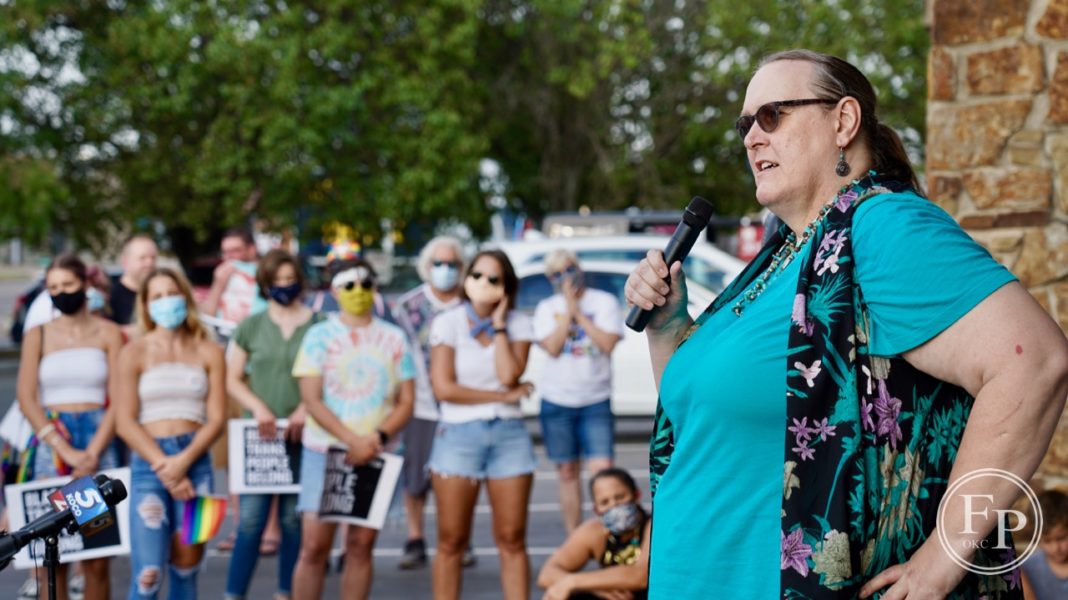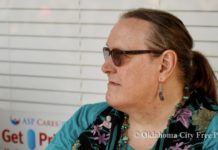Last Updated on January 5, 2024, 12:57 AM | Published: March 14, 2021
Paula Sophia Schonauer, LCSW, begins a series of memoirs with this introduction.
I have aspired to be a hero and for much of my life. I have aligned myself with what society considers a praiseworthy character: law-abiding, hard-working, devoted to God, Country, and family – a protector, defender, and advocate for the vulnerable, a voice for the voiceless, and a beacon of hope. I’ve wanted to empower the weak, inspire the strong, and humble the boastful.
Maybe that’s why I feel compelled to write a memoir, but even as I write these words I’m thinking, by what right? Who am I to think anyone wants to read my story? After all, we live in a world of people clamoring for attention. They want fame, fortune, and adulation, and they want it now whether or not they have a unique perspective, a novel attribute, or a great talent. At this point in life, I just want to be remembered.
I am reminded of Achilles, Homer’s protagonist in The Iliad, who has a choice of fates: to live a long peaceful life or to die in battle, leaving a legacy of glory for the ages. To be honest, I have wanted both things, to live long enough to witness the prosperity of my progeny and to win glory, lauded by warriors who share a special fellowship forged in combat, and like Achilles, I have always known I couldn’t have it all.
At the age of eighteen, I made a choice when I enlisted in the United States Army as an Infantryman, hoping the ordeal would cleanse me of what I perceived as weakness, a burden of shame I had carried since childhood. I had wanted to be a girl, and I joined the Army to kill her or die trying.
A combat death seems to cleanse men of weakness and wrongdoing, of sins, flaws, and failings. Nobody speaks evil of a soldier who died in combat, at least not publicly, and I wanted that kind of redemption. If the only glory I had won was a tombstone in Arlington Cemetery, that would have been enough.
I didn’t need to be like Achilles and have my heroism sung through the ages; I just wanted to be remembered as a good man, as the brother, son, and friend who died for his country, enshrined in hearts and minds as one who made the ultimate sacrifice, and through time, the memory of me purified even more, my death its own mythology.
Memoirs, though based in fact, are their own kind of mythology.
Those who write memoirs grapple with their lives, deriving insight from experiences that confounded them in the moment, and they try to construct a narrative that creates meaning and understanding, stories that can be shared and, perhaps, celebrated. It is through stories that we resonate a depth of truth that other people can recognize, whether through scripture or cinema, through myth or memoir, we touch people’s lives through our stories.
According to Joseph Campell, a scholar of comparative mythology, the Heroic Journey is an archetypal story that resonates with the patterns and aspirations of human lives. We all move through life transitions seeking meaning and purpose, and we are all called to adventure in various ways, departing from one phase of life into another, all the while hoping to achieve that elusive boon awarded to heroes who do not stray from the course.
We are bombarded with Heroic Journeys in popular fiction, everything from romances to war stories to dystopian CyberPunk, we want to identify with the protagonist, to see them achieve ultimate happiness, whether through winning the heart of one’s beloved, achieving justice after a false accusation, or securing personal glory, riches, and/or freedom.
We also see these stories over and over again in cinema from Rocky Balboa, Luke Skywalker, and Harry Potter, and we are not content with unresolved endings. We want the boon, and we expect it in our personal lives, unsatisfied without final vindication and reward. Those who die without heroic resolution are seen as tragic, morally corrupt, or as having surrendered to cowardice.
Over the years, people have encouraged me to write a memoir, and I have resisted doing so because I no longer see myself as heroic, not in the traditional sense.
Though I have been praised for being courageous for transitioning gender while working as a police officer, I cannot embrace that praise because my transition involved a sense of surrender, an acknowledgement the battle I had been fighting all my life was unwinnable.
According to our usual narratives, especially those that resonate with masculine audiences, I should have fought my desire to be a woman to the death, maintaining honor through resistance, refusing to dishonor my manhood by embracing a feminine identity and expression.
After all, boys and men in our society are taught to disdain femininity, which, despite the Women’s Movement and the struggle for equality, still prevails. By esteeming masculinity as virtuous and femininity as weakness, we are teaching boys and men to hate women, LGBTQ people, and anyone else who cannot subscribe to traditional expressions of manhood.
And tragically, we are teaching boys and men to hate themselves when they feel vulnerable, risking the loss of their humane impulses to be life affirming and peaceful rather than life threatening and violent.
Herein, perhaps, is a reason to write, to share insights gained through my study and experience of manhood, from the inside out, to let Achilles return from war and live a long peaceful life.
Guest Columnist Paula Sophia is a licensed clinical social worker in Oklahoma City and a former Oklahoma City Police Officer.







